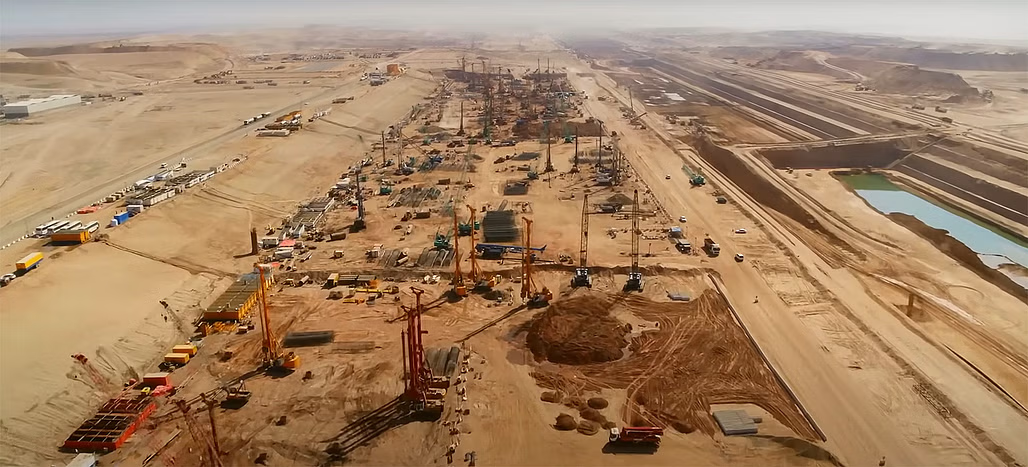The Neom project, a $500 billion mega-city currently being built on Saudi Arabia’s Red Sea coast in the Tabuk province, stands as a centerpiece of Crown Prince Mohammed bin Salman’s Vision 2030. This initiative seeks to diversify Saudi Arabia’s economy and diminish its reliance on oil revenues, with authorities actively pursuing foreign investment and technical expertise to realize the development of Neom. Despite the idea being relatively recent, the Neom project has already proved to be controversial due to concerns related to sustainability, livability, and human rights. While it has managed to obtain help from the world’s best and brightest engineers, architects, executives, and urban planners, thousands of those recruits have now withdrawn from the project, turned off by a management culture that belittles the workforce, makes unrealistic demands and turns a blind eye to discrimination.
While there are already numerous concerns about human rights in Saudi Arabia in general, with the Freedom House granting the country 7/100 in its global freedom scoring due to its many human rights violations, the controversies connected to Neom mainly relate to evictions and arbitary detention of individuals ahead of its construction. As the city is set to be built on the historic homeland of the Huwaitat tribe, Saudi authorities have illegally displaced persons belonging to this local tribe without adequate compensation or offering alternative housing, and violently cracked down on persons protesting against these evictions as seen in the case of Abdul-Rahim al-Howeiti.
With regard to future concerns, heavy criticism has been connected with Saudi authorities’ unveiled blueprints for “The Line”, a vertically layered city set to be embedded within Neom. Sustainability concerns have arisen regarding the carbon associated with building the project, which has been estimated to amount to 1.8 billion tonnes of carbon dioxide. Saudi authorities have also announced that ‘The Line’ will heavily use artificial intelligence and ‘human-machine interface’ technology which has sparked worries about potential digital surveillance of future inhabitants. Moreover, given Saudi Arabia’s grim record on migrant worker rights, concerns about the treatment of migrants during the construction of the mega-city are escalating.
The ECDHR has analyzed the human rights violations related to Neom and presents its findings in this briefing paper. In addition, it identifies possible risks associated with the construction of the project in the future. Drawing from these insights, the paper proposes a range of policies and recommendations aimed at both the Saudi government and businesses involved in the investment of the project. These measures aim not only to address existing human rights violations but also to proactively mitigate future risks and prevent further infractions from occurring.
To read the briefing paper, click below

